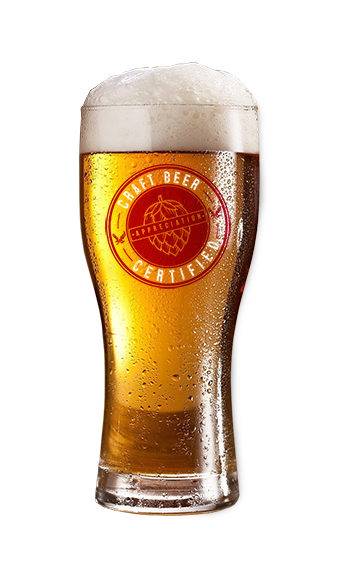A new EWU course will examine craft beer, from grain to glass.
By Eastern Magazine
In a college town, the phrase “craft beer education” suggests a range of undergraduate experiences, none of which are typically related to the official university curriculum. But that’s changing at Eastern, thanks to a new course to be headed by Chris Cindric, a senior lecturer in recreation and leisure services in EWU’s Department of Wellness and Movement Sciences.

With his new “Craft Beer Evaluation and Service” class this fall, Cindric says he will seek to broaden students’ understanding of craft beer, from grain to glass, and its deep connection to agriculture and recreation.
“I’ve always felt like there’s this amazing opportunity to connect recreation with agriculture,” Cindric says. “Europe does it exceptionally well—there’s biking and hiking that finishes with great food and drink.”
The class will focus on the essentials of craft beer, including its history, styles, origin, qualitative and quantitative characteristics, ingredients, and the brewing process. Beer service, glassware, flavor and evaluation of quality will also be on the menu. Cindric says he wants to ensure his students learn to focus on quality over quantity, local over global, and taste over (what he describes as) “tasteless.” He says students will have the opportunity learn from local craft brewers, maltsters and growers who are having a profound impact on the local craft beer industry. To enroll, students must be over 21 years of age and, as part of the class, must pass a Mandatory Alcohol Servers Training permit test.
“What’s pretty unique about Spokane right now is that you can have a fully local pint,” Cindric says. “I’ve actually had a beer at Mountain Lakes with the brewer, the maltster and the farmer, who all contributed to that single beer, drinking that beer with me. And that’s pretty powerful!”
Because of the pandemic, Cindric has had to make a few adjustments to his plans for the class. He had originally hoped, for example, to do several field trips to local breweries and grain farms.
“I’m not going to be able to have people visit all of those places, but I will be able to have a class that takes place where I’m at the brewery or we have the brewer, maltster or farmer on as a guest on Zoom,” says Cindric. “We’ll lose a little bit of the personal connection, but the content will still be there.”